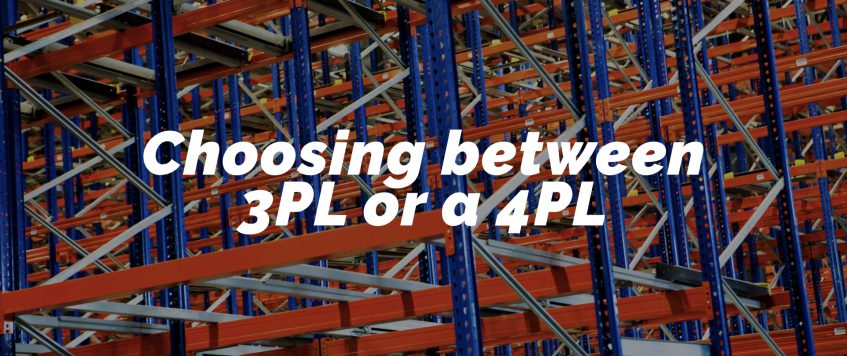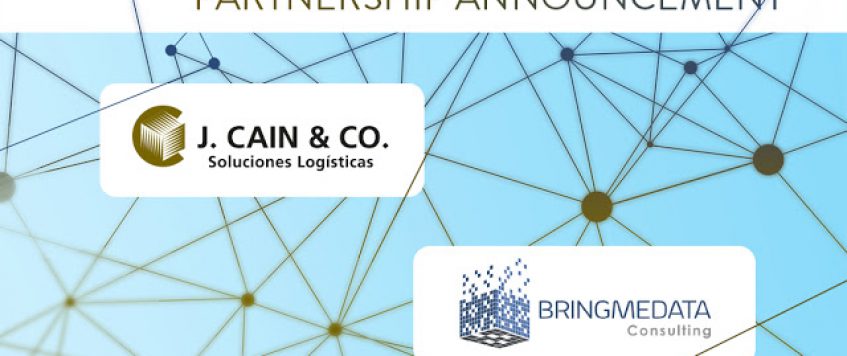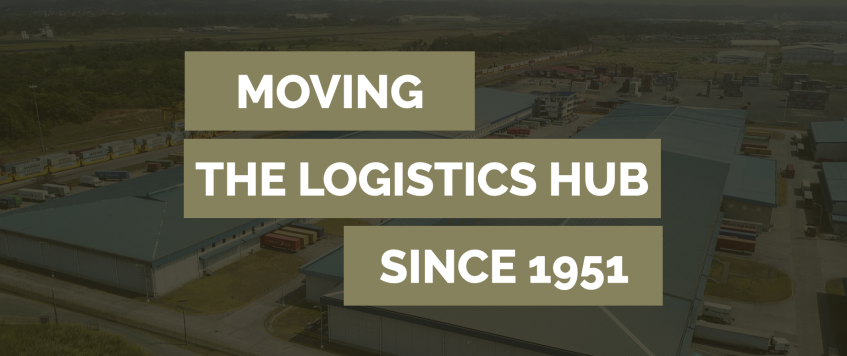Choosing between 3PL or a 4PL
Should you choose a 3PL or a 4PL for your business?
To make an informed decision first we need to establish the definition and differences between a 3PL (Third party Logistics Provider) and a 4PL (Fourth Party Logistics Provider).
Third Party Logistics is a model that involves the business, the third-party logistics provider and the carrier delivering the goods. Third Party Logistics providers or 3PLs provide a bundle of logistics services to the business, which typically include: warehousing, transportation, cross-docking, value-added services, inventory management, packaging services and freight forwarding.
A 3PL does not own the products being shipped and acts as a manager between both the business and carrier to ensure products are shipped on time, in full and with no operational or documentation errors to the end customer.
On the other hand, in a Fourth Party Logistics model, the 4PL has a broader spectrum of responsibilities than 3PLs because the business completely outsources their supply chain management functions. 4PL organizations are in charge of all aspects of the business supply chain, such as the entire transport management (import and export), managing and analyzing large amounts of inventory management data, supervising warehousing operations, coordinating operations such as cross-docking, packaging and freight forwarding, liaising with maritime/freight forwarding companies to receive inbound shipments from manufacturers and outbound shipments to final customers. A 4PL is a form of business process outsourcing, similar to contracting out human resources or financial functions.

A 3PL will work for your organization if it has a solid and high-performance supply chain strategy and plan that requires additional support to execute. In addition, 3PLs can offer a wide variety of tools and expertise to streamline processes and save time and money improving the value provided to the end customer.
The 4PL gives its clients a control tower view of their supply chains, managing the mix of warehouses, shipping companies, freight forwarders and agents.
The relationship with a 4Pl organization simplifies and streamlines logistics processes by integrating technological solutions to provide greater visibility and standardize operational processes with suppliers and partners by being a single point of contact for all of the client’s supply chain and logistic requirements.
The business can then focus on its core competencies and rely on the 4PL partner to manage the supply chain function for maximum value.
Both models work well depending on the complexity of the businesses supply chain and the strategic goals of each organization.
In J. CAIN our core model has been Third Party Logistics , however, we also offer the Fourth Party Logistics model to certain clients that have decided to outsource their logistics functions, delegating those to us based on our successful long term working relationship, logistics expertise and technological evolution that has allowed to design streamlined end-to-end processes, integrating operations, systems, human resources to save on overhead cost and ultimately provide a superior and more efficient supply chain process for our clients.



